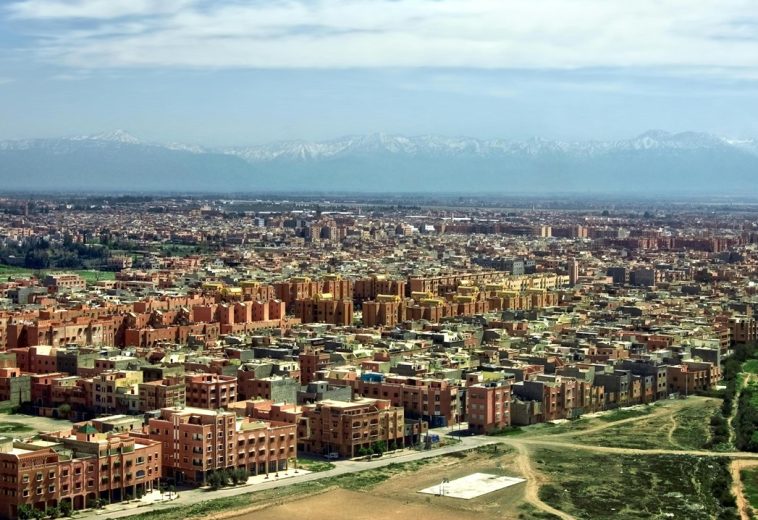In a landmark development for Uganda’s energy sector, a UAE-backed company, Alpha MBM Investments, has secured a crucial contract to establish the country’s first crude oil refinery. This ambitious project, with a capacity of 60,000 barrels per day (BPD), marks a significant milestone in Uganda’s pursuit of energy self-sufficiency and economic growth.
Strategic Location and Economic Impact
The refinery will be constructed in Kabaale, Hoima District, strategically positioned to process locally extracted crude oil. This development is pivotal in reducing Uganda’s dependence on imported fuel and strengthening the country’s energy independence. The facility forms a crucial component of Uganda’s strategy to fully capitalise on its oil reserves, particularly those in the resource-rich Albertine Graben region.
READ ALSO: EACOP Implications for Uganda and the Continent
The economic benefits of the refinery are extensive. Beyond reducing fuel import reliance, the project is set to drive industrialisation, create employment opportunities, and reinforce the fuel supply chain. According to a statement from President Yoweri Museveni’s office, Alpha MBM Investments will hold a 60% stake in the refinery, while Uganda’s state-owned National Oil Company will retain the remaining 40%. This partnership is expected to merge Uganda’s need for local refining capabilities with the financial and technical expertise of a reputable international player.
A Shift Towards Self-Reliance
Uganda’s decision to develop its own refinery follows a strategic shift away from previous negotiations with a consortium that included a subsidiary of U.S. firm Baker Hughes. The contract was terminated last year due to financing challenges. The renewed focus on domestic refining capacity underscores Uganda’s commitment to self-reliance, especially in the face of growing energy demands across Africa.
When Uganda selected Alpha MBM Investments in January to spearhead the $4 billion refinery project, industry observers viewed it as a bold step towards ensuring the country can process its crude oil domestically and foster economic growth. The refinery is also expected to enhance regional energy security, positioning Uganda as a key player in Africa’s petroleum landscape.
A New Era for Energy in Uganda
Construction of the refinery is expected to take three years, with the Uganda National Oil Company (UNOC) and Alpha MBM Investments serving as project partners. According to Uganda’s Minister of Energy and Mineral Development, Ruth Nankabirwa, the agreement marks a major milestone, paving the way for the design, construction, and operation of the facility.
Alpha MBM Investments is led by His Highness Sheikh Mohammed bin Maktoum bin Juma Al Maktoum, a member of the Dubai Royal Family. His leadership brings not only financial strength but also extensive expertise, ensuring the project aligns with global standards and best practices.
Boosting African Oil Output
Once operational, Uganda’s refinery is expected to process 60,000 barrels of crude daily, enhancing Africa’s overall oil output. The facility will primarily refine crude oil from the Albertine Graben region, boosting domestic fuel production and reducing reliance on imported petroleum products. Amidst rising energy demands across the continent, this refinery is set to strengthen regional supply chains and support sustained economic growth and industrialisation.
The establishment of a local refinery not only underscores Uganda’s commitment to economic independence but also positions the country as an emerging force in Africa’s refining capacity. This initiative is poised to attract foreign investment and enhance energy security in the region, cementing Uganda’s role in the continent’s energy landscape.
In summary, the construction of Uganda’s first crude oil refinery represents a transformative shift towards self-sufficiency, industrialisation, and economic empowerment, ensuring a brighter energy future for both the nation and the wider region.




